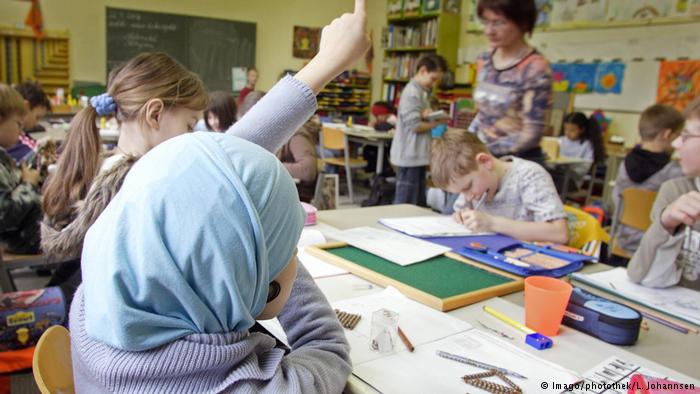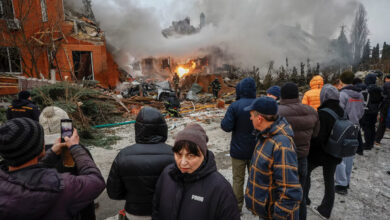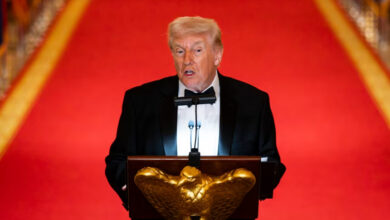Aimed at pre-teen girls
He told ORF radio that the legislation would apply to girls of up to the age of 10 or 11 years.
“Our goal is to confront any development of parallel societies in Austria,” Kurz told ORF, using a term he and the far-right Freedom Party (FPO), the coalition partner, favor to describe what they see as a threat posed by some Muslims to mainstream culture.
Kurz, at a news conference with Vice Chancellor Heinz-Christian Strache of the FPO, said they believed there was a problem in schools although they produced no figures to support this.
“What I can tell you is that it is a growing phenomenon. A few decades ago we did not have this in Austria and now it occurs primarily in Islamic kindergartens, but also here and there in public establishments of Vienna and other cities,” Kurz said.
Muslim leaders say communities feel victimized
Both leaders didn’t say how many children might be affected. Headscarves are rarely worn by Muslim girls before they reach puberty, the country’s main Muslim organization said, adding that this type of legislation would unsettle Muslim communities.
“Devout and secular Muslims are growing deeply anxious and worried that current politics stoke, rather than ease, resentment about changes in our society, by painting Islam as the enemy,” it said in a statement.
The organization questioned why a ban on Christian children wearing crosses or Jewish boys wearing kippahs is not being discussed.
For any ban to come into effect, the government would need a two-thirds majority in parliament, requiring the support of two other smaller parties.
Austria leans right
After taking in more than a hundred thousand asylum seekers during Europe’s migration crisis in 2015/6, Kurz’s conservatives won the largest seats in parliament following last October’s election after taking a hard line on immigration. He and coalition partners the FPO have talked of a need to crack down on radical Islam.
Last year, the previous Austrian administration banned full-face veils in courts, schools and other “public places,” and banned police officers, judges, magistrates and public prosecutors from wearing headscarves.
A plan to prohibit teachers from wearing headscarves was dropped.





